The free Software Engineer Scorecard™ permits a quick self-evaluation of your knowledge in all main software and programming engineering domains. By distributing a given number of points, proportional to your experience and know-how among these domains, it visually identifies areas of strength and specialties to your target role. By understanding where you stand, you can pursue targeted learning or close skill gaps if judged so. From an HR perspective, it helps in a job description to build the profile of a software engineering open position.
软件工程师记分卡
如何使用 the goal this Software Engineer Scorecard™ is to perform a self-evaluation, or help on a job description (job-desk) of an open job position. You have a certain amount of “points”, representing experience, know-how, and knowledge to distribute on an interactive graph among 18 main software engineering domains. 有些专业会有部分重叠(例如:DevOps 和 API,或 Web Dev 和 Web Dev 网络安全),必须选择一个首选领域。商业部门不考虑软技能。
The maximal score for each domain is 20. This 20 must be considered as achievable for a good expert in that domain after many years. It should not be considered as the exception, not the Steve Wozniak nor Linus Torvalds. Neither the score you never give because “you can always progress” (despite we agree of course).
不要把所有平均值或接近 10 的人都说成是平均值;没有人是瑞士人 刀.
"0分或接近0分没有问题。你不是在某方面做得不好,而是在其他方面很专业"。
As one always has “not enough points because I am a special case”, it obliges to focus on one’s few core domains. It also forces to evaluate how a specialty diploma rates versus many years of experience in that domain (ex.: a PMP official certification vs many years as Project Manager). The key software engineering domains proposed are:
- Frontend Development & 用户体验: designing and implementing the user interfaces that users interact with directly in web or mobile applications. Enhancing user satisfaction by improving the usability, accessibility, and targeted 沟通 of software products.
- Backend Development: building and maintaining server-side logic, databases, and application programming interfaces (APIs).
- DevOps: integrating development and operations to automate software delivery, infrastructure management, and monitoring. Automating the building, testing, and deployment of software.
- Data & Database Management: designing, implementing, and optimizing data storage solutions using SQL and NoSQL databases. Building pipelines and tools to collect, process, store, and analyze large-scale data.
- Cloud Computing: leveraging cloud platforms and services like AWS, Azure, or GCP to deploy and scale applications.
- Mobile Development: Creating applications specifically for mobile devices on platforms like iOS and Android.
- Embedded Systems: developing software for specialized hardware devices with constrained resources and hardware.
- Security & Cybersecurity Engineering: ensuring the application is secure through robust authentication, authorization, and vulnerability mitigation. intrusion testing, 红色团队 …
- 性能优化: analyzing and enhancing software to ensure efficient speed, memory usage, and scalability.
- API deployment, Integration & Microservices: designing modular, loosely-coupled services and defining interfaces for communication between them. Connecting and consuming third-party or internal APIs to extend software capabilities.
- Software Architecture: laying out high-level structures and patterns that shape the system’s organization and maintainability.
- Algorithm Design: developing efficient algorithms to solve complex computing problems.
- Machine Learning & AI: developing intelligent algorithms and incorporating learning models to automate or enhance software functionalities.
- Interactive, Multimedia or Game Development: creating engaging, interactive, multimedia, and high-performance digital games using specialized engines and frameworks.
- Web Development: building and maintaining websites and web applications using modern frameworks and technologies.
- System Administration: managing and configuring the infrastructure and operating systems underlying applications.
- Version Control, Testing, Technical Documentation & QA: tracking and managing changes to codebases. Systematically testing software to ensure quality, reliability, and performance 标准. Writing clear, accurate, and comprehensive documentation for software systems, APIs, and architectural decisions.
- Project & Product Management: planning, executing, and overseeing development projects to deliver software that meets business requirements.
|
软件工程师记分卡 |
|
| 工作年限 | 建议总分 |
|
0(学校/大学) |
|
| 1-5 | |
| 6-15 | |
| 16+ | |
绘制记分卡
您或贵组织可根据体验情况更改总积分,但我们建议以下列积分为基准:
- 点击右侧与您工作年限相关的总分。 或者,您也可以在 下面的灰色单元格。
- 根据需要向左或向右移动所有红线,以分配点数。 鼠标悬停在任何主题标题上,即可获得更详细的信息。
- 保存自己的快照 记分卡 完成后。

软件工程师记分卡
总的经验、诀窍和知识点: 剩余分配:0
















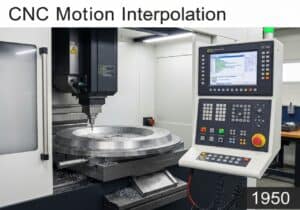
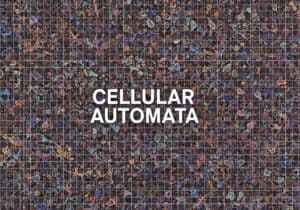

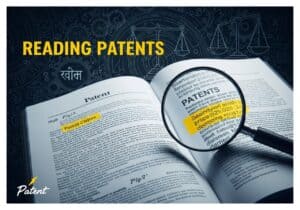

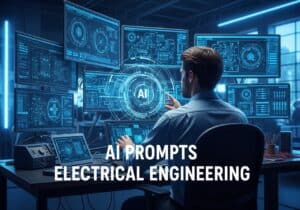
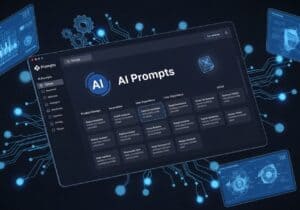
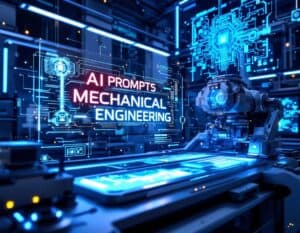


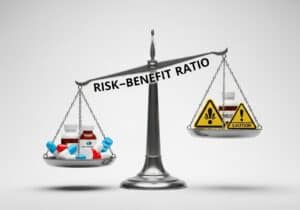
Interesting concept, but can a scorecard truly quantify a software engineers creativity and problem-solving skills?
相关文章
金属有机骨架(MOF)最新出版物和专利
共价有机骨架(COF)的最新出版物和专利
气凝胶和气凝胶石墨烯的最新出版物和专利
Latest Publications & Patents on High-Entropy Oxides (HEOs)
有关二甲苯的最新出版物和专利
有关量子点的最新出版物和专利